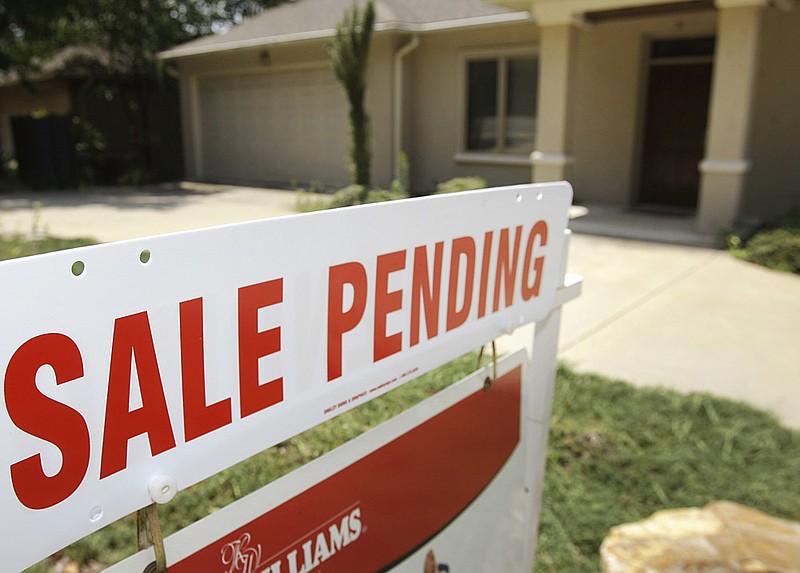First-time home buyers face a struggle in finding a new starter home in Arkansas, where a shortage is prevalent in growing metropolitan parts of the state.
Difficulties stem from a decades-long trend affecting the nation: Fewer entry-level homes -- defined as homes with less than 1,400 square feet by Freddie Mac -- are being built.
Experts blame rising land prices and material costs for the tightened supply of starter homes as investors back more lucrative options such as apartments and condos.
Meanwhile, single-family houses are bigger than they were years ago, according to construction data from the National Association of Home Builders.
Homeowners from previous generations had easier access to new smaller homes than millennials, aged 25 to 40, do today.
In the late 1970s, an average of 418,000 entry-level houses were being built each year, according to data from Freddie Mac. By the 2010s, that number had fallen to 55,000 new houses per year. For 2020, an estimated 65,000 new entry-level homes were completed.
This shortage is one of the largest obstacles to inclusive economic growth in the U.S., said Sam Khater, vice president and chief economist of Freddie Mac's Economic and Housing Research division.
"We must build more single-family, entry-level housing," he wrote in a blog post.
While conditions are more extreme in California, Florida and other states compared with Arkansas, the shortage is having an effect on housing markets in Little Rock and the Fayetteville-Springdale-Rogers metro area as well.
The average price for a house in Benton and Washington Counties was $390,641 in the last six months of 2020, according to the latest Skyline Report that covers the region's real estate activity. In 2015, the average price was $299,083.
Increased demand coupled with tighter supply, as well as higher material and labor costs during the covid-19 pandemic, have made conditions worse for buyers. Sellers, on the other hand, can expect significant benefits.
It's common to have up to ten offers on a house within the first 12 hours of it being listed, said Bruce Martin, a real estate agent with Crye-Leike in North Little Rock.
"I've got friends that want to sell their homes, but the only problem is there's nowhere to go," he said.
Martin described the housing environment in the 2000s as a sellers' market with more inventory than today. That changed in 2008 when banks started restricting loans and foreclosing on houses. Now it's a sellers' market with no inventory, he said.
"It's nothing like I've ever seen."
One of the hurdles that home buyers must consider is the cost to build a house. While less expensive than the national average, 2019 census data show that the median contract price to build a home in the South was $110.19 per square foot. That would place a 1,400 square foot house at a price of about $154,000 and $255,861 for an average-sized house of 2,322 square feet, but location and other factors can influence the price.
Part of the problem is land. With rising land prices, it is more profitable to build apartments, duplexes or larger homes, said Mervin Jebaraj, director of the center for business and economic development at the University of Arkansas.
Younger people are looking for property with easy access to bars, restaurants and other city amenities, he said. If that land became available, buyers would snap it up "before the dirt's even turned."
